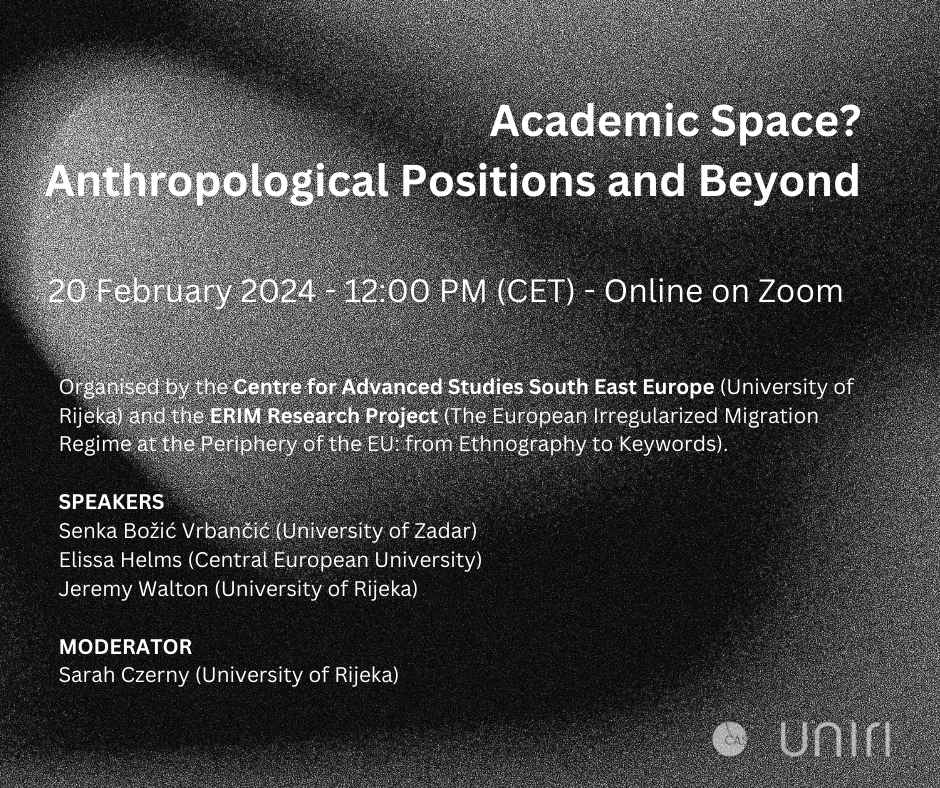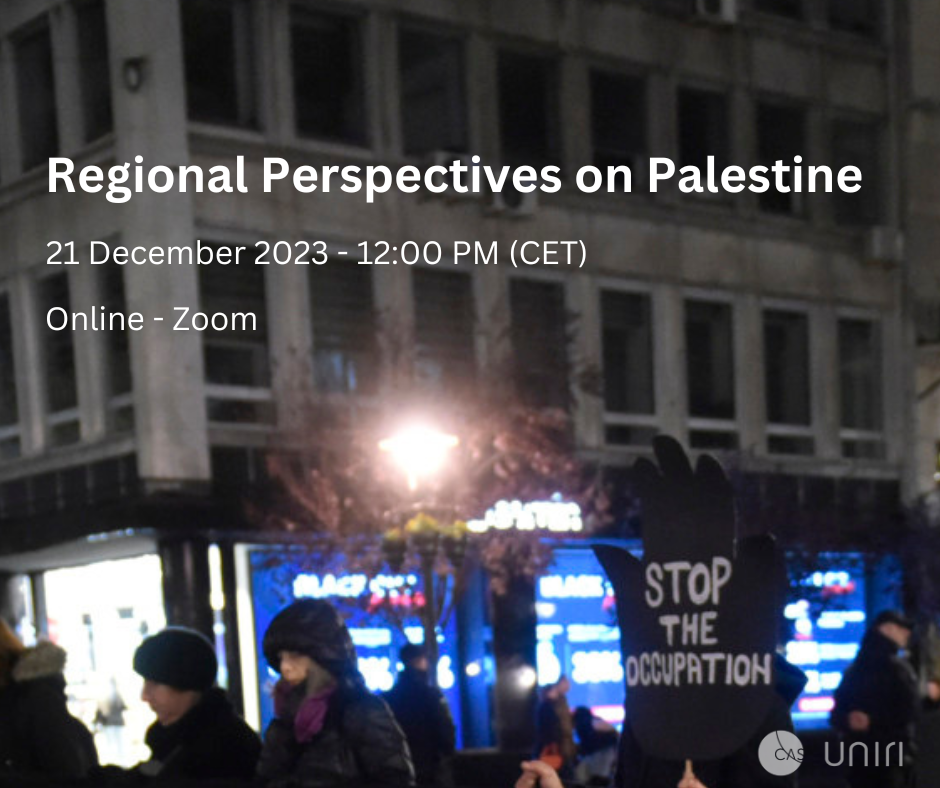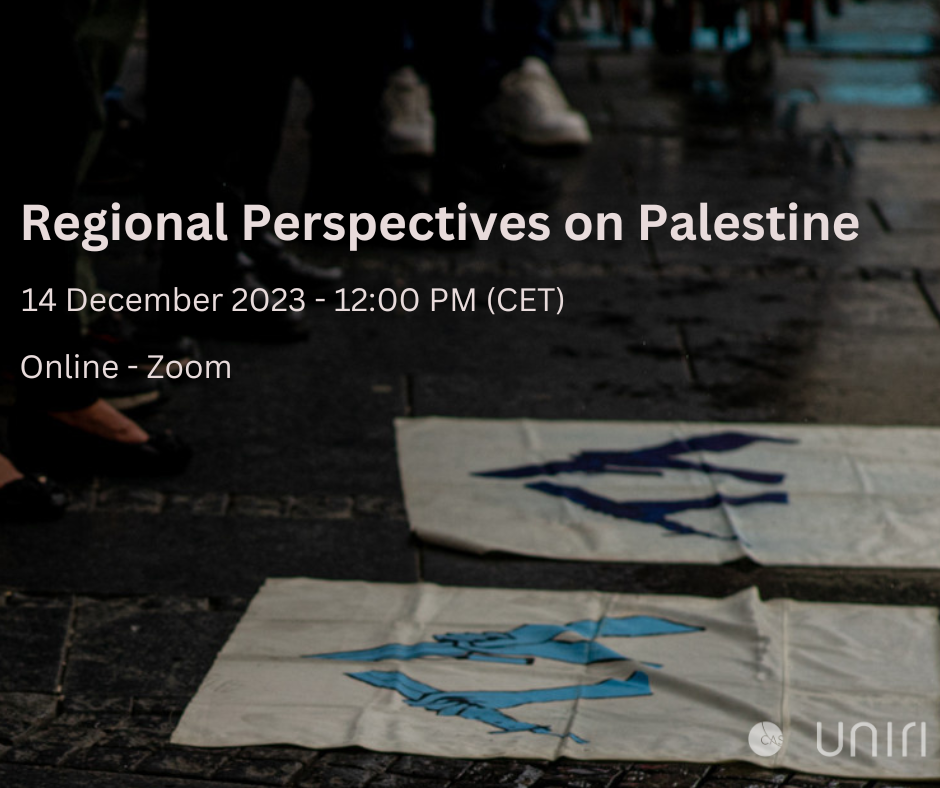Rethinking large-scale development projects in Belgrade and Zagreb
There is one general question that motivated this research: To what extent global economic restructuring and neoliberalization influence urban planning processes in transitional cities? The main aim of this research is to look into the process of urban transformation in two different institutional contexts in order to deepen our understanding of how decision-making processes in the post-socialist Balkan countries have shifted from control-oriented regulation to planning approaches more open to speculative development. In order to observe and define transformative processes the research looks into two similar typologies of transition: the post socialist Serbia and Croatia. The main unit of analysis is the city and to be more specific, the large-scale projects in Belgrade and Zagreb, ‘Belgrade on Water’ and ‘Zagreb on Sava’, in order to analyze different urban transition processes in reaction to the general neoliberal trends. This research focuses on large-scale projects in order to understand the inner-relations between diverse public and private sector actors, and views large scale urban development projects as representative of neoliberal manifestations and interactions of diverse actors in the cities across the globe. The cases ‘Belgrade on Water’ and “Zagreb on Water’ in many ways exemplify new flexible urban development approaches. While the ‘mega’ development project in Zagreb plans to incorporate different land uses (taking on a more ecological approach, which seems to be completely missing from the case in Belgrade) and involves different actors, both projects are similar in that they represent ambiguous and controversial waterfront development projects that continue to raise questions about flexible governance approaches, ownership, social inclusion, environmental risks, etc. The research uses qualitative research methods, mainly following a hermeneutic approach. The data was gathered through semi-structured interviews and documentary material collection – scholarly research, video footage, and local newspaper media. By using urban transition as the main focus of analysis, the research aims to implement a new methodology of analyzing transition by using path-analysis approach in these two cities.




